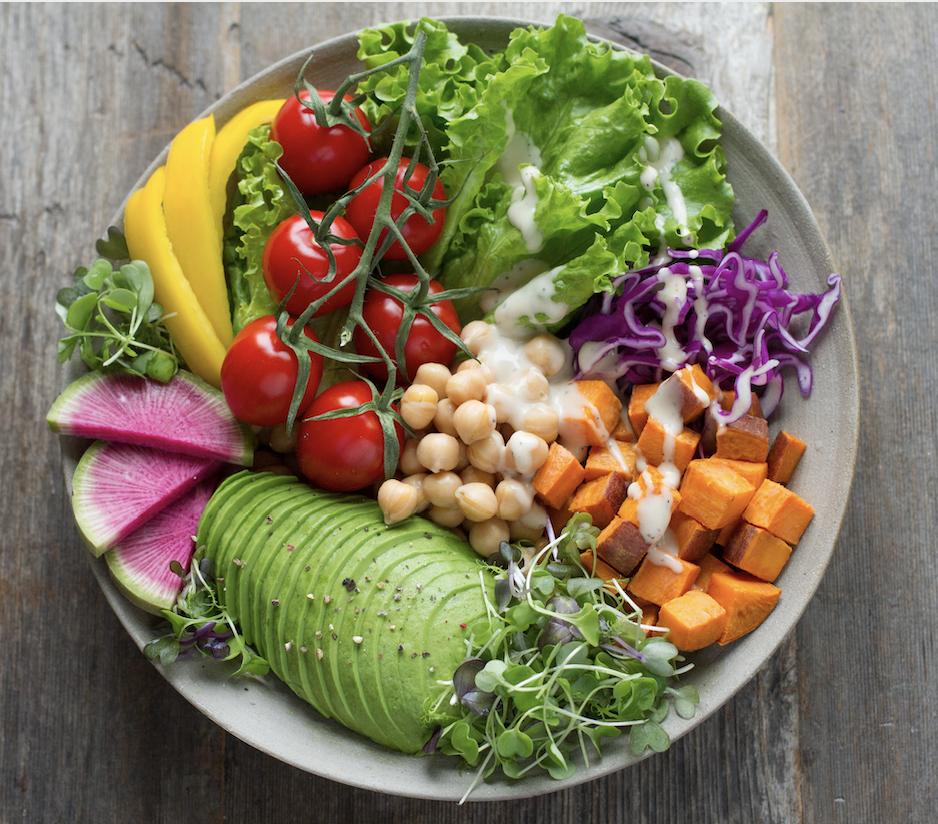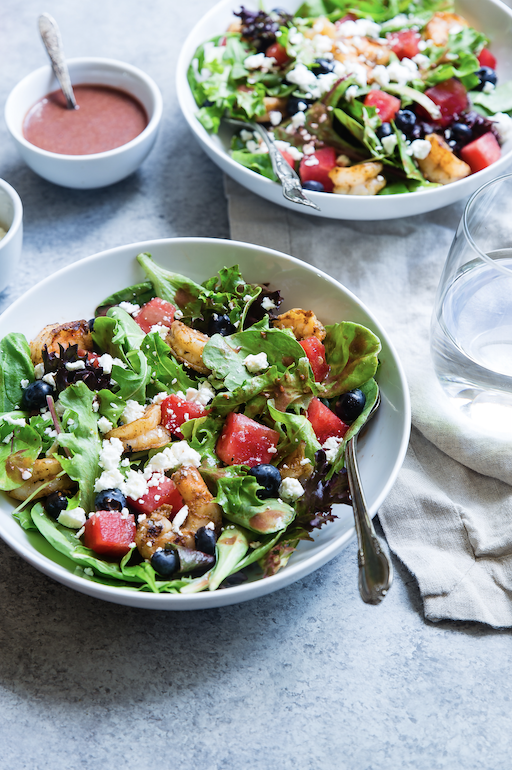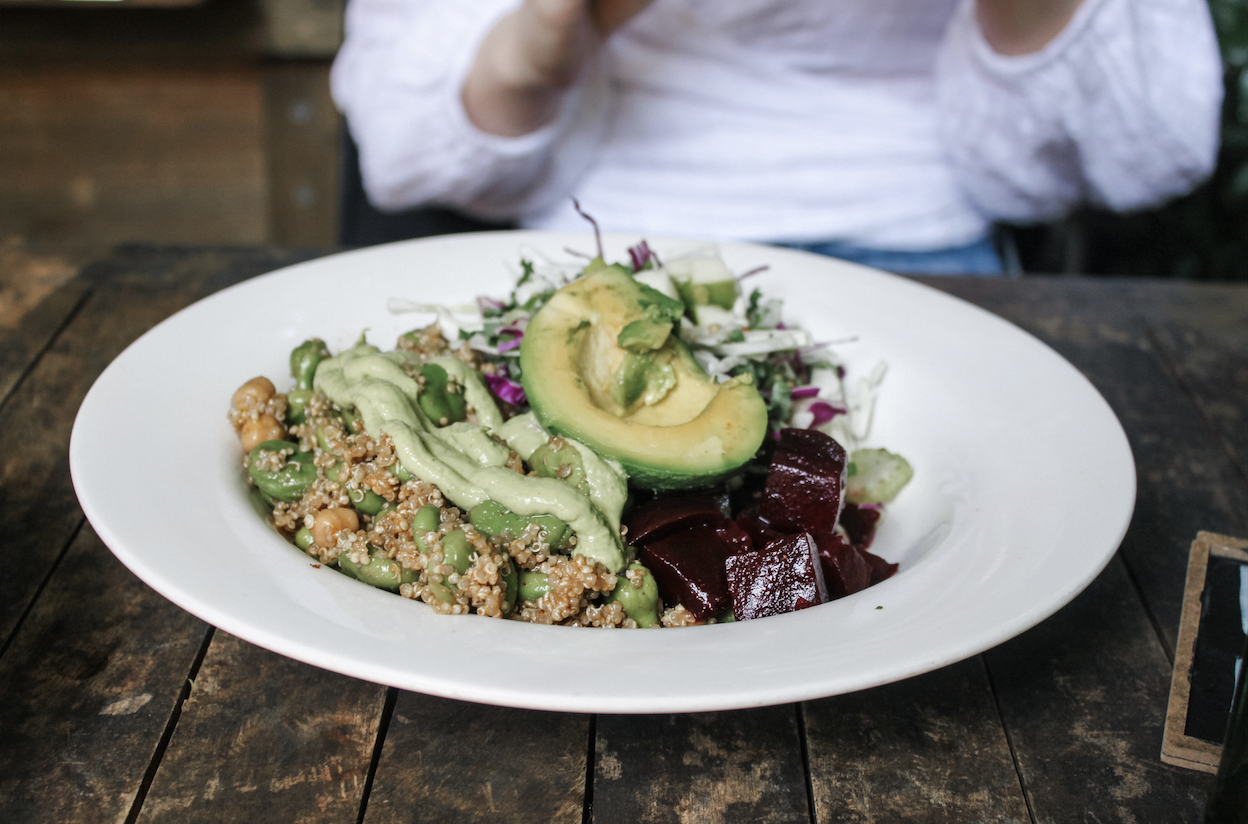In search for the perfect diet: does it exist? what does it look like?
In search for the perfect diet: does it exist? what does it look like?
Share
A perfect diet… What even is that? Is it one that has the most nutrients? Is it one which contains only organic and ‘healthy’ foods? Is it one that is completely free from junk foods? How is it even possible to achieve all of the above for a person living a busy non-stop lifestyle. How is it possible to eat ‘perfectly’ and not spend your life in the kitchen?
The secret is simple: A perfect diet does not exist. A perfect diet is unique for everyone. It is the diet that suits your lifestyle, that you can maintain long-term, without it putting a drain on your mental health. There is no point in eating all the best ingredients, if mentally that puts a huge strain on your life, and takes up a lot of energy. At the same time, it is best not to eat purely fast food and shop-bought lunches, you need to find a simple way to get nutrients in and satisfy your taste, whilst keeping it easy and convenient.
The perfect diet needs to be achievable, and non-restrictive. That is the only way we will be able to stick to it long-term. We must create habits that do not take much effort and can be quickly done. Start small: improve your diet by adding small changes, then start adding more and more of them. It becomes much easier as the habits build up over time, and eating healthy becomes part of your routine.
Most certainly, eating a high amount of convenience foods will not do you any good, but there are ways around it. You can bulk cook at home or turn to meal prep companies, which we are fortunate to have many of now.
It is not necessary to count your calories or macronutrient intake; you don’t have to be precise. As long as you are getting enough vegetables and fruit (a minimum of 5 portions a day), a sufficient amount of protein and long-lasting carbohydrates in your meal. We have some tips on how you can add nutrients and make your diet perfect for you with simple steps:
- Prepare and plan your meals ahead.
- Choose foods that you like to eat, and do not deprive or restrict your diet. Think: adding healthier foods, rather than taking away unhealthy ones.
- Do some meal prep for the week ahead, so that you always have a healthy option in the fridge, when you have no energy or time to cook from scratch.
- Eat vegetables with every meal (you can even eat them raw or simply cook them in the microwave).
- Chose options that have a high amount of fibre and low levels of salt and sugar content.
- Do not drink your calories. Cut out or reduce consumption of sugary drinks, frappes, sodas, juices and smoothies.
- When cooking meals yourself, opt for roasting, boiling, steaming, rather than frying
- Reduce the amount of oil that you use in cooking and just add delicious spices.
- Rather than buying high-calorie and chemical-packed sauces, make them at home and store in the fridge.
- Replace your sugar-dense and high-salt snacks with vegetables, nuts and natural options. Add some protein to increase satisfaction and fullness.
A perfect diet does exist, but for each person it is different. We should not be aiming for an idealistic approach, we should rather focus on what works best for us individually, and put in place simple habits to maintain that diet.























FOLLOW BESTFIT